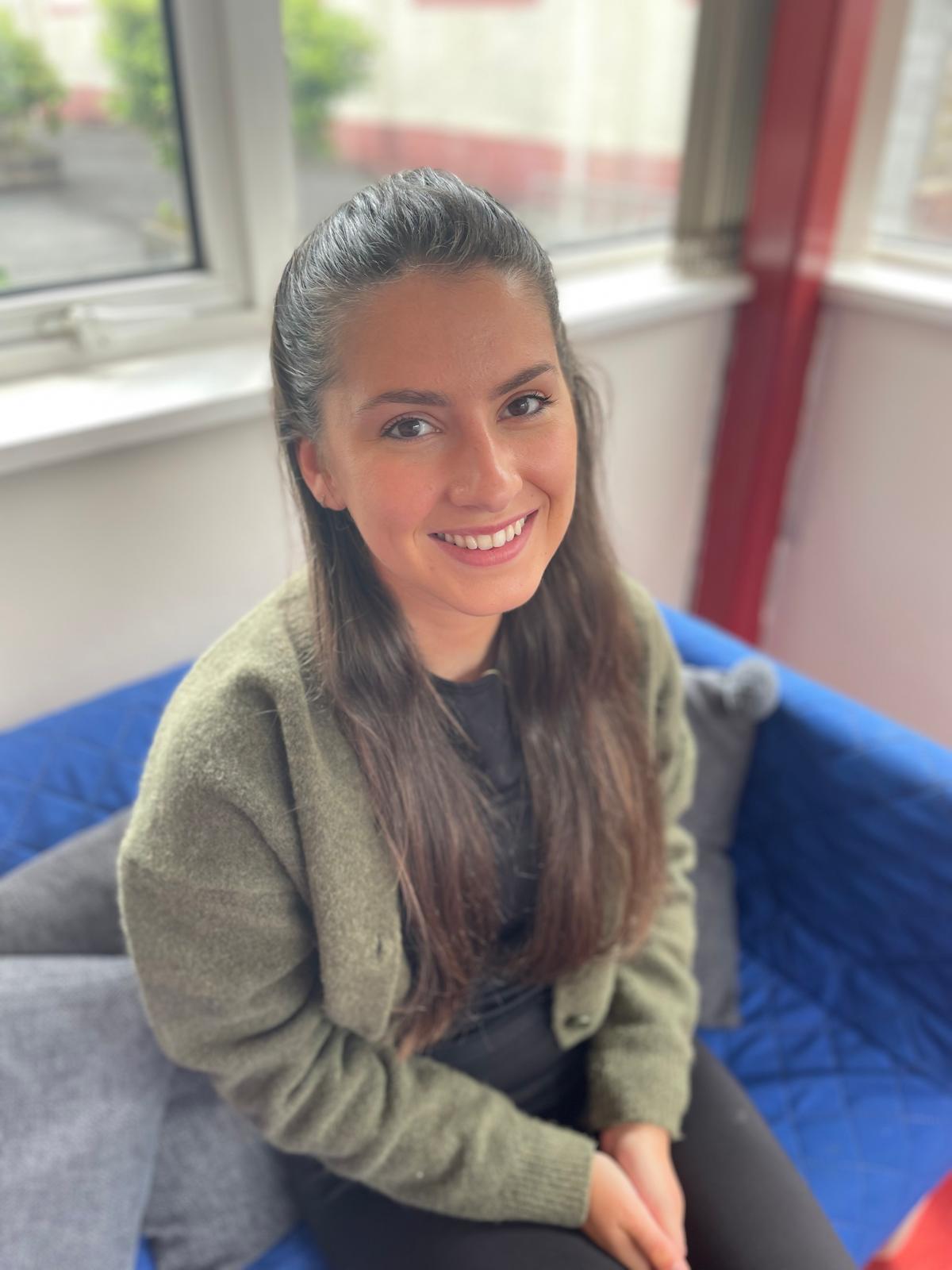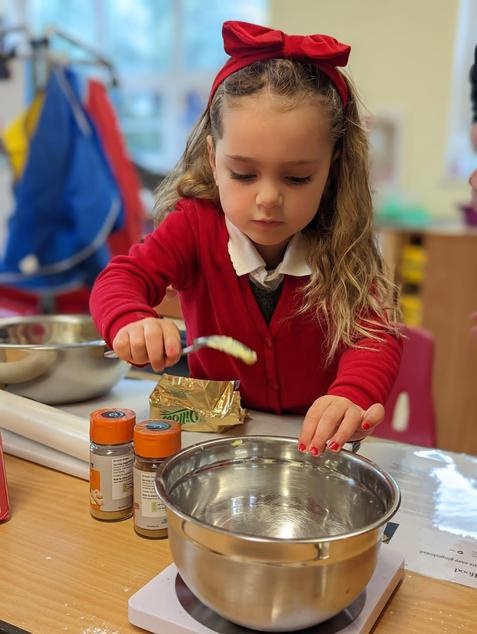Nursery Admissions
Welcome to Nursery! Croeso i`r Feithrinfa!
At Penclawdd Primary School, we warmly welcome our wonderful three-year-olds to join us the day after their third birthday!
Our vision at Penclawdd Nursery is to nurture every child’s journey to becoming their very best. Through our vibrant and engaging learning environment, combined with genuine care and affection, we inspire a love for learning and discovery that will last a lifetime.
We are dedicated to fostering moral values that teach respect for the environment, people, and diverse cultures. When children leave Penclawdd Nursery, they do so with strong skills in independence, a deep ability to engage in meaningful play, and the confidence of knowing they are capable, cherished, and valued members of their community.
Our Nursery `Penguins` Team is as follows:
Early Years Lead : Mrs. Nichola Davies.
Nursery Penguins Lead : Mrs. Kayleigh Thomas
Nursery Penguins Teaching Assistant : Ms. Chloe Thomas

|

|

|
We would LOVE to meet you and would be delighted to arrange a visit for you to meet Mrs. Thomas and staff to view our super indoor and outdoor Nursery environment.
Planning In the Moment at Penclawdd Primary School Nursery
At our school, in the Nursery, we embrace a "Planning in the Moment" approach. This child-centred methodology allows us to observe and respond to children's natural curiosity and interests as they unfold during play and interactions. By focusing on spontaneous opportunities for learning, we nurture creativity, independence, and critical thinking skills. This approach ensures that every child's unique needs and passions are supported, creating a dynamic and engaging environment where learning is meaningful and exciting.
Children in our Nursery feel respected and valued as their ideas are actively listened to and explored. The role of the adult is to teach by recognising opportune moments and responding effectively. Teaching strategies vary but include asking open-ended questions (though not too many), wondering and pondering with the children, modelling, coaching, facilitating, demonstrating, recalling, and narrating. Being child-led, children initiate play and conversation, enabling them to ask questions and explore their own paths. This teaching happens in the moment, during play, as the adult observes, plans, and provides appropriate next steps simultaneously. This to explore, develop, and practice the characteristics of effective learning.
An integral part of our practice is recognising and supporting schemas—repeated patterns of behaviour that children use to explore and understand the world. By identifying these schemas, we tailor opportunities that align with each child's interests and developmental stage, creating meaningful experiences that deepen learning and enhance cognitive, social, and physical development.
Alongside this, our Nursery practice is guided by core principles for key AoLEs (Areas of Learning and Experience). These principles provide a balanced and holistic approach to education, fostering essential skills, well-being, and a lifelong love of learning.
What Is Planning in the Moment?
Planning in the Moment builds on what the child is interested in at a given moment, allowing their learning to deepen and lead to better outcomes. Unlike traditional 'topic planning,' this approach completes the planning cycle in real-time rather than in advance.
“Let the children choose what to do, join them, and support them in their pursuits. Then write up what has happened.”
– Anna Ephgrave, Planning in the Moment with Young Children
This approach is grounded in the belief that children possess a natural curiosity and an innate desire to learn. Rather than directing them through pre-planned activities, teachers take on a supportive, observational role, empowering children to take the lead and explore their interests. This method encourages independence, creativity, and deeper engagement, giving children the freedom to choose activities they enjoy while being subtly guided to extend their learning.
Planning in the Moment can be broken into three phases:
- The Child’s Spark – The initial moment when a child shows interest in something, characterised by fascination and focus.
- The Teachable Moment – The child, extending their interest through open-ended questions and integrating this curiosity into broader learning opportunities.
- The Documentation – Observations are recorded, detailing the spark, the teachable moment, and subsequent actions. This helps monitor each child’s progress and tailor the environment to their needs.
Creating the Right Environment in Our Nursery
For Planning in the Moment to succeed, an enabling environment is essential. Open-ended materials play a crucial role in creating spaces where all learning areas and characteristics can be explored. Many of our resources are readily accessible, giving children the freedom to choose and engage with materials that interest them.
The environment is often referred to as the "third teacher," reflecting the children's interests and needs. Using their interests ensures sustained engagement, enabling deeper learning. Our environment—both indoors and outdoors—builds curiosity, imagination, and motivation, inviting children into deep-level play. At Penclawdd Primary School, we are fortunate to have a spacious nursery room, which we utilise with the philosophy that "less is more," focusing on versatile resources like loose parts to support open-ended play.
The Importance of Thinking Time in Our Nursery
We value the importance of “thinking time” for both children and staff. This approach allows our team to observe and understand each child’s interests and needs, responding in ways that support their natural curiosity and development.
By giving children, the space to explore and problem-solve independently, we encourage critical thinking, creativity, and confidence. Thinking time ensures that learning is child-led and meaningful, fostering a nurturing environment where every child can thrive at their own pace.
Estyn, October 2024:
Professional learning for staff is precise and purposeful. Through robust research and training, they have developed a strong understanding of child development. Overall, staff know their pupils well, using well-honed skills of observation, questioning, and teaching to facilitate and modify high-quality outdoor learning opportunities that consistently meet pupils’ needs.
Nearly all pupils enjoy learning outdoors and are keen to share their experiences. Their play refines social skills, such as turn-taking, and builds resilience as they persevere with activities until progress is made. Pupils’ physical skills thrive through opportunities to run and explore open spaces, while their creativity and self-expression flourish.
During your visit, you will be able to see the indoor and outdoor learning environment and our extensive grounds. Please give us a call for a chat if you`d like to ask us any questions or contact us via the contact form below. We would love to hear from you.
Applications are made by completing the form shown below.
Here are a few things that Estyn said about our Nursery provision in November 2022
`Pupils at Penclawdd Primary School relish attending school`.
`Pupils feel safe and well cared for`.
`Pupils' well-being is at the heart of the school and staff work hard to ensure that the school is a thoughtful and inclusive environment.`
`The youngest pupils develop their knowledge of letter sounds effectively and thoroughly engage with a wide range of interesting reading books`.
`From a young age they begin to use their digital skills constructively in a rich range of learning experiences across learning areas`.
`They concentrate and listen well, for example with younger pupils enjoying a story about Cinderella`.
`The school provides a broad and stimulating curriculum and staff plan exciting engagement visits to encourage learner enthusiasm. For example, pupils in reception experienced a visit to Castell Coch and this inspired younger pupils to learn more about traditional tales`.
`Throughout the day, teachers’ use of language, both in English and Welsh is highly effective, such as when the youngest pupils experience words such as ‘aghast’ and ‘saunter’ whilst adults talk about their own experiences.`
Nursery Prospectus - see below
Nursery Application Form
Contact us
Nursery enquiries
Please see below some lovely comments from our parents whose gorgeous children have just started in our Nursery...

























